The monarchy of the United Kingdom is a constitutional monarchy, a form of government where the monarch acts as the head of state within the boundaries established by a constitution. This ancient institution has evolved significantly over centuries, adapting to the changing landscape of British politics and society.
Historical Evolution
The monarchy of the UK traces its origins back to the early medieval period, with roots in the Anglo-Saxon kingdoms and the Norman Conquest of 1066. The reign of William the Conqueror marked the beginning of a centralized monarchy that laid the foundation for the modern British state. Over the centuries, the monarchy underwent various transformations, shaped by events such as the Magna Carta in 1215, which limited the powers of the king, and the Glorious Revolution of 1688, which established parliamentary sovereignty.
The Constitutional Role
Today, the British monarchy operates within the framework of a constitutional monarchy. The monarch’s powers are largely symbolic and ceremonial, with real political authority residing in the elected Parliament. The monarch performs various ceremonial duties, including the State Opening of Parliament, the granting of honors, and the representation of the UK on state visits.
The Royal Family
The current monarch is King Charles III, who ascended to the throne following the passing of Queen Elizabeth II in September 2022. The Royal Family plays a crucial role in British public life, representing the nation at home and abroad. The family is involved in numerous charitable activities and serves as a symbol of continuity and tradition.
The Role of the Monarch
While the monarch's role is largely ceremonial, it includes several important functions:
- State Ceremonies: The monarch participates in and oversees key state events, including state banquets, national ceremonies, and state funerals.
- Royal Patronage: The monarch supports and patronizes various charitable organizations and causes, raising awareness and contributing to public engagement.
- Diplomatic Representation: The monarch represents the UK in diplomatic matters, hosting foreign dignitaries and making state visits to other countries.
Modern Challenges and Public Perception
The monarchy faces various challenges in the modern era, including scrutiny over its relevance and the cost of maintaining the Royal Family. Public perception of the monarchy fluctuates, with debates over its role and the need for reform or abolition.
The Royal Family's response to these challenges includes efforts to modernize and maintain relevance, such as engaging with the public through social media and supporting contemporary issues. The monarchy’s ability to adapt while preserving tradition continues to be a defining feature of its enduring legacy.
Conclusion
The monarchy of the United Kingdom remains a significant institution with deep historical roots. It symbolizes national unity and continuity, serving both ceremonial and representational functions. As the monarchy navigates the complexities of modern society, its role continues to evolve, reflecting the changing values and expectations of the British people.

